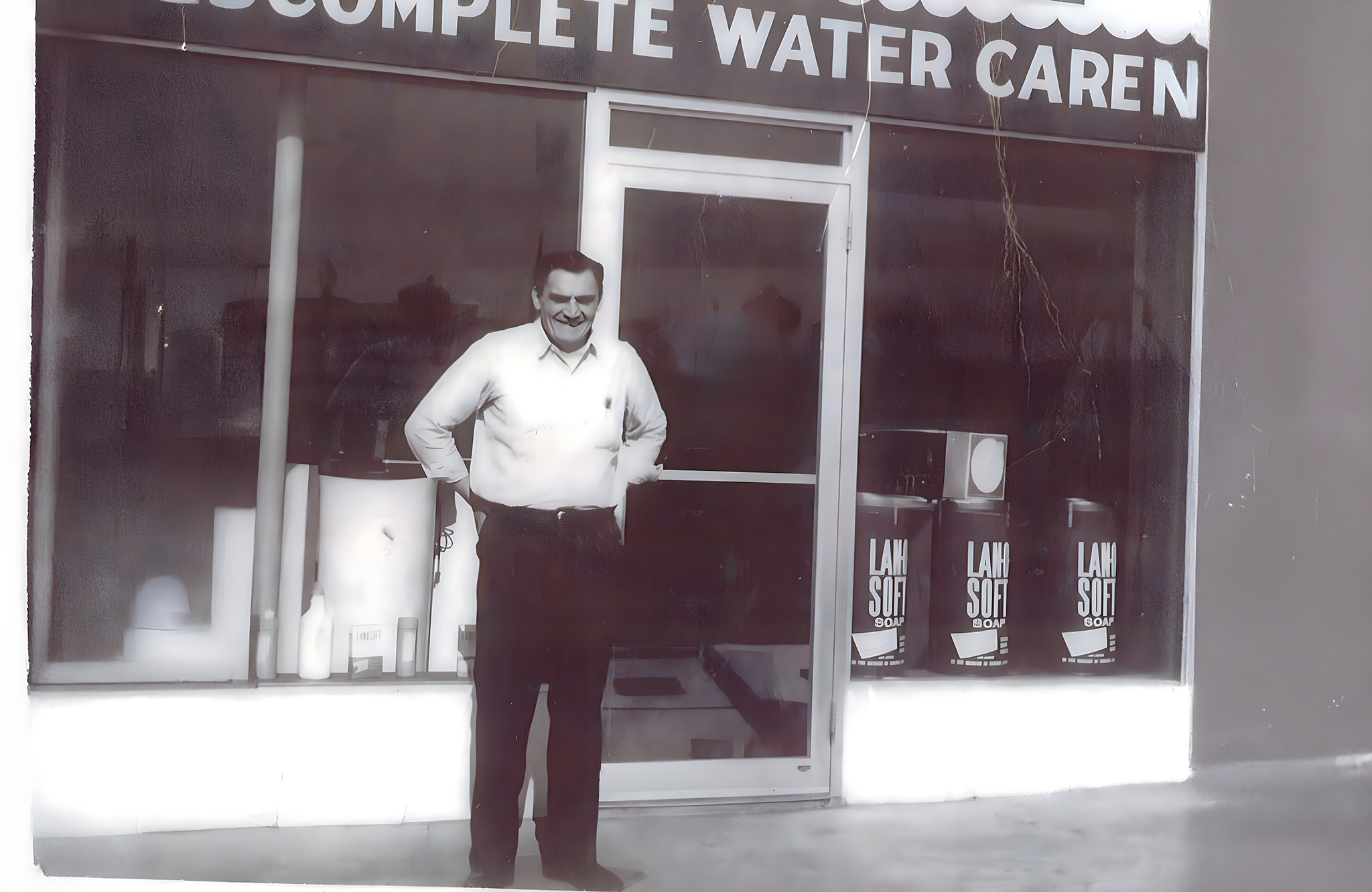
Remembering Wif Finken: A Legacy of Service and Community
January 26, 2026

Geothermal heating is an energy source that controls the temperature of your home or business. The system requires drilling holes a few feet into the ground where the temperature is...
March 21, 2018
Geothermal heating is an energy-efficient way to control the temperature of your home or business. By utilizing the stable underground temperature, this system draws water through a looped piping system, heating or cooling your space year-round. While it can help reduce electricity costs and lower your environmental impact, geothermal heating systems also come with significant disadvantages.
One of the biggest hurdles of installing a geothermal heating system is the significant upfront cost.
✔️ The price varies depending on the size of the building and soil type.
✔️ Heavier soil is ideal, as it retains heat better, impacting efficiency.
✔️ Costs can start at $30,000, making it a major financial commitment.
Unlike standard HVAC systems, geothermal technology requires specialized training and expertise.
✔️ DIY installation is not an option, a certified professional must install the system.
✔️ Maintenance and repairs also require specialized technicians, which may be harder to find.
While geothermal heating is more energy-efficient than traditional systems, it still has some environmental drawbacks:
✔️ The system requires electricity to run the pump, meaning it's not completely off-grid.
✔️ Closed-loop systems use antifreeze for heat exchange, which may be concerning for eco-conscious homeowners.
✔️ Though rare, pipe leaks could release hazardous materials into the environment.
Despite the challenges, geothermal heating has some key benefits:
✔️ Uses 25%-50% less electricity than standard HVAC systems.
✔️ A renewable energy source that works year-round.
✔️ Not dependent on weather conditions like solar or wind power.
For those willing to invest in the high upfront cost, geothermal systems can be a long-term energy-efficient solution.
If geothermal heating is not an option due to cost or installation challenges, consider these high-efficiency alternatives:
🔥 97% Modulating Variable Speed Gas Furnace – A powerful, efficient heating solution with lower upfront costs.
❄️ Up to 20.5 SEER Air Source Heat Pump – Provides energy-efficient heating and cooling, making it a great year-round alternative.
Both options offer lower initial costs, excellent efficiency, and dependable performance.
Choosing the right heating system depends on your budget, efficiency goals, and long-term needs. If you're considering geothermal, a high-efficiency furnace, or an air source heat pump, Finken can help find the right solution for you!
📞 For expert guidance, visit our Contact Page today!

Resources
